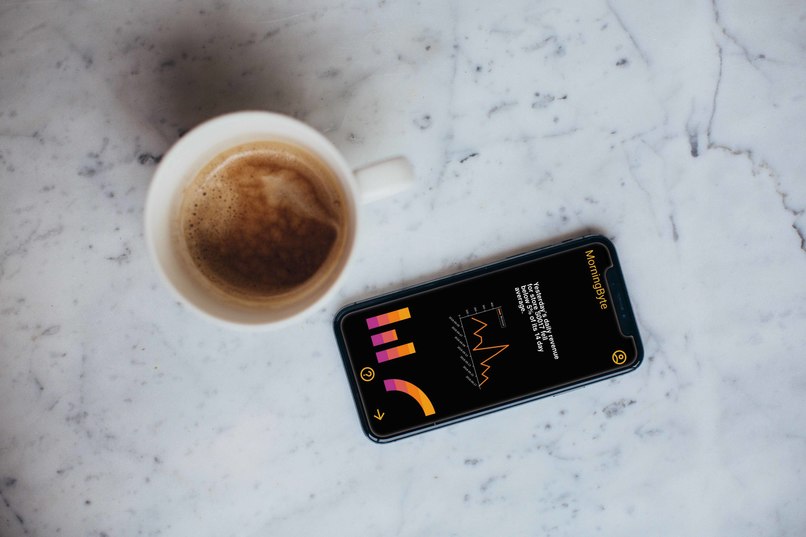Winning project of the hackaTUM 2021 hackathon.
Inspiration
We believe that data analytics can at times be too ponderous and that more bite-sized information needs to be made available to decision-makers. A highly-relevant influx of no more than two or three key data insights in the morning could vastly enhance an entire day’s work…
What it does
MorningByte and the architecture behind it are a next-generation, automated morning briefing for managers in video-format.
The idea is to equip managers with tight schedules with a small pre-selection of the most relevant anomalies or newly discovered trends of the day that warrant their attention. In order to maintain said attention, these trends and anomalies are explained in the format of short, yet insightful videos.
Under the hood, the following happens:
After end of business and once all sales units (in our example stores) have reported their data for the day, our pipeline comes to life. An analytics engine receives the newest data and automatically runs a series of models to look for anomalies or newly discovered trends. For every insight discovered this way, a descriptive text and action recommendation are generated. Each action item is also marked with a priority score based on severity and type. The results are then sent to a video-generation tool, which creates a short video for each detected insight. Those videos are then uploaded to a mobile-friendly app, putting the most relevant insights at the manager’s fingertips.
How we built it
We first built a python script that loads the CSV files and creates dataframes out of each. We then run a series of analyses to detect and create insight items. The insight items contain information on the type of graph required, the descriptive text, as well as the action suggestion text and a relevance-score.
The insight items resulting from this first part are then passed over to a second python script that is responsible for creating mp4 video files from the given information. The text is processed using Google Text-to-Speech to be converted into sound. In parallel, we use Matplotlib to visualize the data passed over by the first script. We then use MoviePy to generate an MP4 file for each insight. These are then sent to the webapp for display, which is hosted using Heroku.
Challenges we ran into
The first challenge we had was trying to limit the scope of the app. The provided data-set offered near limitless opportunities for data-analytics and it would have been very easy to get lost. We debated whether to use complicated forecasting models, or more advanced time-series techniques, but decided to settle on simple methods, in order to deliver a fully functioning product.
It was also initially unclear who our target audience was going to be. We spent a lot of time carefully thinking about our value proposition and found that a morning briefing format for management provided the right mixture of plausibility and feasibility for a 36h hackathon, whilst still offering enough potential down the line to get us super excited.
The largest technical challenge we faced were various formatting issues with Moviepy. Seeing as we had to juggle various issues at the same the videos were often displaying differently on different devices. This took forever to fix.
Accomplishments that we’re proud of
We’re most proud of the way we harmonised as a team. Every one of us contributed to the project in vastly different and unique ways. We used our strengths where we could and helped cover for each other’s weaknesses. The result is a multi-faceted project that none of us could have ever dreamt up by ourselves.
What we learned
We spent a lot of time working in pairs and were able to learn direct technical skills from each other. We also learned that teamwork is absolutely crucial and that a diverse team of ambitious and creative people with varied skill-sets can outgrow our individual imaginations. The biggest thing we learned may be that hackathons are a ton of fun and we’ll be throwing our hat in the ring again in the future…
What’s next for Morning-Byte?
We believe Morning-Byte has enormous potential and we’re genuinely convinced that millions of people will incorporate similar apps into their morning routines in the months and years to come. Because this was born out of a caffeine-fuelled hackathon, the next steps will initially be to iron out any minor bugs and expand the depth of analytics catalogue.
In the long-run there are many potential applications:
In a future scenario, we could well imagine a subscription-based model for the tool, where employees in different company roles could subscribe to various elements of the data to receive personalised video feeds. In the example of the Turkish retailer, one could conceive a model where store managers get versions of the app that only prioritise videos concerning their specific stores. Similar custom priorities could be introduced for employees only interested in one product categories.
The app could also introduce interactive elements. One obvious example would be a button that connects to the company’s Outlook and automatically schedules a high-priority meeting with employees involved in a detected anomaly. A regional account manager could use the app to immediately summon underperforming store managers when poor revenue data is detected or data is missing altogether, for example.
Built With:
- Python
- Google Text-to-Speech
- Heroku
- KATS
- Matplotlib
- MoviePy
- Numpy
- Pandas
- React
